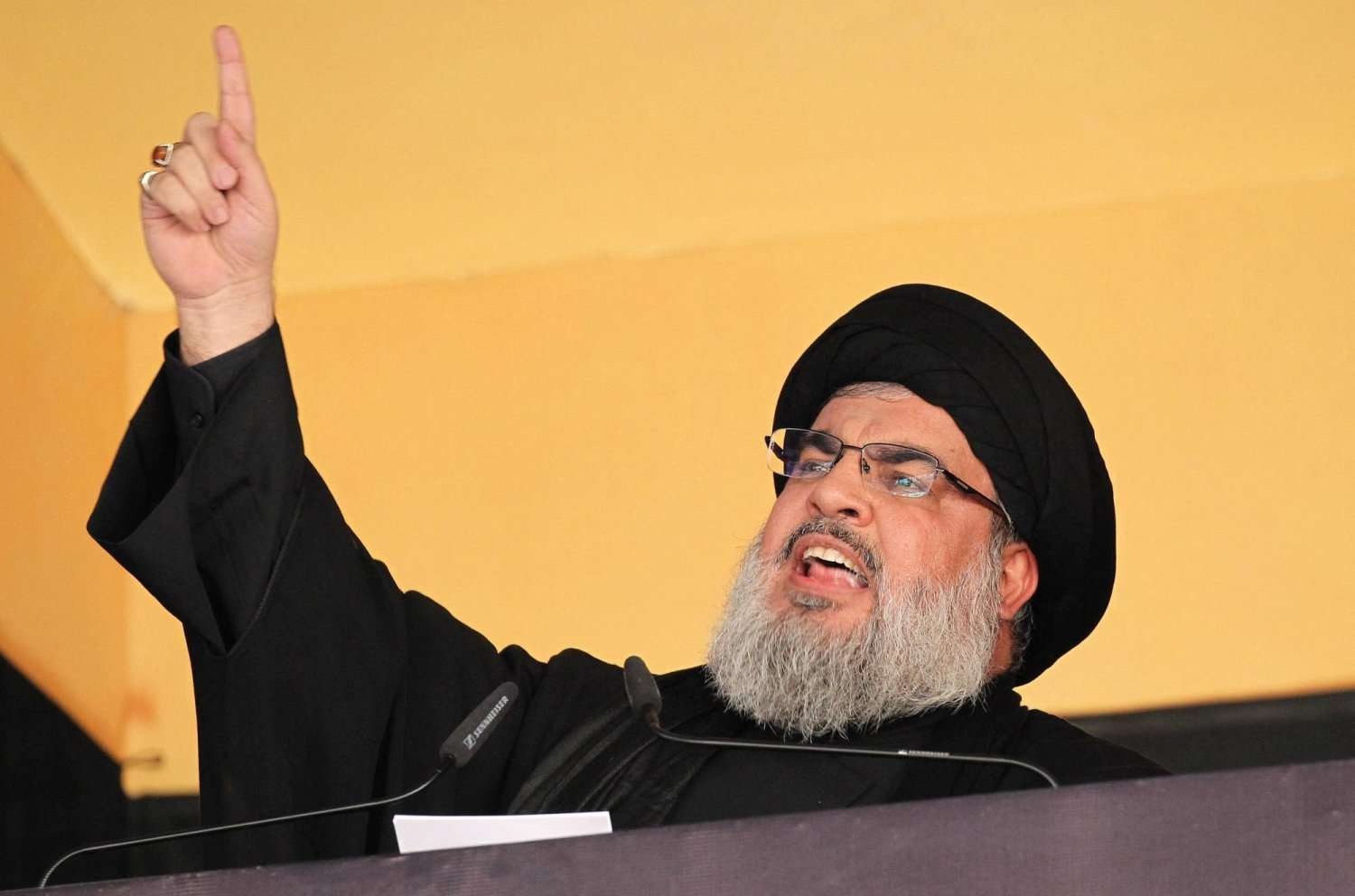


Source: Asharq Al-Awsat
The Chief of Staff of the Israel Defense Forces (IDF), Herzi Halevi, hinted that targeted assassinations are far from over, with the next target believed to be Yahya Sinwar, the Hamas leader. Israel believes Sinwar frequently changes locations within the tunnels of Gaza.
Israeli media reported that military generals used the phrase "the homeowner has gone mad," aiming to send a threatening message against any potential retaliatory actions following Nasrallah's assassination. This indicates Israel's readiness to respond decisively.
Halevi vowed to "reach" anyone threatening Israeli civilians, stating, "We have not exhausted all means at our disposal. The message is clear: Anyone who threatens Israeli citizens will be targeted."
The IDF spokesperson noted that the military is monitoring movements of hostile forces from Iran to Iraq, Syria, Lebanon, and Yemen.
While the IDF anticipates that the assassination of Nasrallah and his associates could trigger a wave of retaliatory attacks, they have not specified the potential scale or intensity of such actions. Consequently, they have raised alert levels to the maximum across the Air Force and other units.
Reservists have been deployed for operational and combat missions on the northern front, particularly the “Atzionim” and “Hannahal North” units, to enhance combat readiness along the Lebanese border. This follows an assessment of the security situation by the Central Command.
On Saturday, IDF Arabic spokesperson Avichai Adraee announced that the army had successfully eliminated Hezbollah Secretary-General Hassan Nasrallah in an airstrike on Friday targeting southern Beirut. Adraee added that the IDF also killed Ali Korki, Hezbollah's southern front commander, along with several other leaders, emphasizing that the airstrike was executed based on precise intelligence.
He stated, “During his 32 years leading Hezbollah, Nasrallah was responsible for the deaths of numerous Israeli civilians and soldiers, as well as planning thousands of terrorist attacks against Israel and worldwide.”
Adraee underscored that Nasrallah was the key decision-maker in Hezbollah, holding the final say on both strategic and tactical decisions. He assured that the IDF would continue targeting anyone involved in terrorist activities against Israeli citizens.
The Israeli Air Force employed smart bombs capable of penetrating underground structures, executing eight consecutive strikes that detonated a total of 80 tons of explosives. According to Israeli media, precise intelligence about a meeting involving Nasrallah prompted the military to launch a long-prepared assassination operation.
Recognizing the potential for such a significant operation to escalate into war, Prime Minister Benjamin Netanyahu convened the security cabinet to discuss the plan and its implications. There was debate over whether it was appropriate for Netanyahu to travel to the U.S. for a speech at the United Nations General Assembly. Intelligence suggested that his trip would serve as an effective cover for the operation, as Hezbollah would not expect an assassination while he was abroad. Netanyahu departed shortly thereafter.
Israeli public broadcaster Kan 11 reported that on the same day, U.S. President Joe Biden and French President Emmanuel Macron announced their efforts to broker a temporary ceasefire between Israel and Hezbollah, awaiting Israel's delayed response.
Ministers Itamar Ben Gvir and Bezalel Smotrich voiced their strong opposition to any ceasefire. Hours before the Biden-Macron announcement, Netanyahu updated the cabinet on the assassination operation's progre